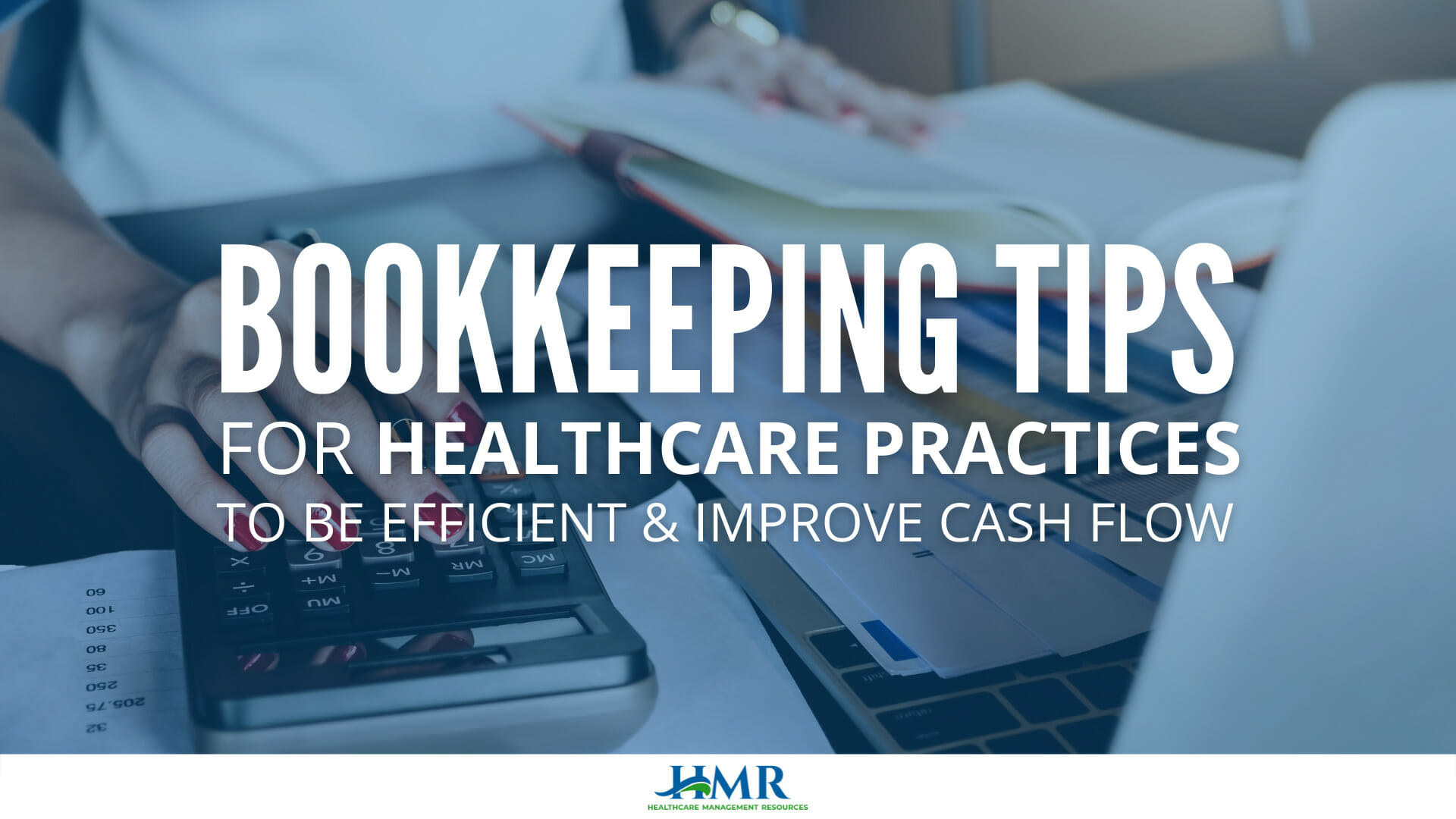[et_pb_section fb_built=”1″ custom_padding_last_edited=”on|desktop” _builder_version=”4.16″ background_color=”#333333″ background_image=”https://hmr.hbserver.dev/wp-content/uploads/2020/01/Field-BG.jpg” parallax=”on” parallax_method=”off” custom_padding=”212px||180px||false|false” custom_padding_tablet=”190px||||false|false” custom_padding_phone=”274px||0px||false|false” bottom_divider_style=”waves” bottom_divider_color=”#ffffff” bottom_divider_height_tablet=”30px” bottom_divider_height_phone=”30px” bottom_divider_height_last_edited=”on|desktop” global_colors_info=”{}”][et_pb_row custom_padding_last_edited=”on|desktop” _builder_version=”4.16″ max_width=”1118px” custom_padding_tablet=”0px||30px||false|false” custom_padding_phone=”0px||46px||false|false” global_colors_info=”{}”][et_pb_column type=”4_4″ _builder_version=”4.16″ global_colors_info=”{}”][et_pb_post_title meta=”off” featured_image=”off” _builder_version=”4.16″ title_font=”Buenard|700|||||||” title_text_align=”center” title_text_color=”#ffffff” title_font_size=”56px” title_letter_spacing=”1px” title_line_height=”1.1em” max_width=”91%” module_alignment=”center” custom_margin=”||0px||false|false” custom_padding=”||0px||false|false” title_font_size_tablet=”36px” title_font_size_phone=”28px” title_font_size_last_edited=”on|desktop” title_line_height_tablet=”1.1em” title_line_height_phone=”1.1em” title_line_height_last_edited=”on|desktop” global_colors_info=”{}”][/et_pb_post_title][/et_pb_column][/et_pb_row][/et_pb_section][et_pb_section fb_built=”1″ custom_padding_last_edited=”on|desktop” _builder_version=”4.16″ background_color=”#e1eaf1″ use_background_color_gradient=”on” background_color_gradient_stops=”#ffffff 0%|#e1eaf1 100%” background_color_gradient_start=”#ffffff” background_color_gradient_end=”#e1eaf1″ custom_padding=”0px|||||” custom_padding_tablet=”||0px||false|false” custom_padding_phone=”||0px||false|false” global_colors_info=”{}”][et_pb_row custom_padding_last_edited=”on|desktop” _builder_version=”4.16″ background_color=”#ffffff” z_index=”2″ max_width=”1118px” module_alignment=”center” custom_margin=”|auto||-2px||” custom_padding=”20px|||||” custom_padding_tablet=”14px|48px||48px|false|true” custom_padding_phone=”0px|46px||46px|false|true” global_colors_info=”{}”][et_pb_column type=”4_4″ _builder_version=”4.16″ global_colors_info=”{}”][et_pb_post_title title=”off” meta=”off” _builder_version=”4.16″ custom_margin=”-155px||||false|false” custom_margin_tablet=”-198px||||false|false” custom_margin_phone=”-30px||||false|false” custom_margin_last_edited=”on|desktop” border_width_all=”15px” border_color_all=”#ffffff” global_colors_info=”{}”][/et_pb_post_title][et_pb_text admin_label=”Text” _builder_version=”4.21.0″ header_3_font=”Buenard|700|||||||” header_3_text_color=”#005fa0″ header_3_font_size=”28px” custom_padding=”10px|63px|28px|63px|false|true” custom_padding_tablet=”0px|13px|0px|13px|false|true” custom_padding_phone=”0px|0px|0px|0px|true|true” custom_padding_last_edited=”on|desktop” hover_enabled=”0″ text_font_size_tablet=”18px” text_font_size_phone=”16px” text_font_size_last_edited=”on|desktop” text_line_height_tablet=”1.7em” text_line_height_phone=”1.7em” text_line_height_last_edited=”on|desktop” header_3_font_size_tablet=”” header_3_font_size_phone=”20px” header_3_font_size_last_edited=”on|desktop” global_colors_info=”{}” sticky_enabled=”0″]
Discover essential bookkeeping tips for healthcare that can streamline financial management and ensure compliance within your organization. By implementing effective practices such as organizing expenses, separating personal and business finances, utilizing reliable accounting systems, monitoring cash flow, and conducting regular financial reviews, healthcare providers can maintain accurate records, make informed decisions, and ultimately focus on delivering excellent patient care.
Maintaining Cash Flow
Healthcare billing is unique. We must navigate the complex insurance requirements including accurate processing of claims. The Explanation of Benefits (EOB) typically divides our charges between what insurance will cover, what the patient will cover and what is the responsibility (write-off) of the practice. This means that the practice typically must collect from two different sources for each bill which, if not managed efficiently, can slow down cash flow considerably. Billing and processing errors can occur at the practice, at the insurance company and places in between resulting in payment delays for weeks, or even months.
To ensure steady cash flow, healthcare practices must be diligent. That includes billing promptly for each procedure and using the proper current procedure terminology (CPT) code to avoid delays or inadvertently undercharging for services. It is also important to run your accounts receivable aging report at least monthly, so you can immediately pursue any account that is more than 60-90 days old. While doing this, strive to seek out opportunities to prevent errors before they happen.
Accurate Financial Reports
A bookkeeper experienced in healthcare is a critical member of the team. This team member will know how to enter and track all the financial data while working hand in hand with your CPA and payroll to streamline and optimize the financial health of the practice. An experienced bookkeeper can save the practice money by avoiding potential fines for late filings. This person can also save expensive CPA time by providing quick, accurate and tailored reporting for the board and management team.
More Time for Passions
By outsourcing administrative necessities to professionals, you can reduce stress and free up more time to pursue your passions.
[/et_pb_text][et_pb_button button_url=”https://hmr.hbserver.dev/contact/” url_new_window=”on” button_text=”TALK TO US ABOUT BOOKKEEPING SERVICES” button_alignment=”center” _builder_version=”4.16″ _module_preset=”default” custom_button=”on” button_text_size=”19px” button_text_color=”#FFFFFF” button_bg_color=”#299929″ button_border_width=”0px” global_colors_info=”{}”][/et_pb_button][/et_pb_column][/et_pb_row][et_pb_row custom_padding_last_edited=”on|desktop” _builder_version=”4.16″ max_width=”1118px” custom_padding_tablet=”0px|50px|0px|50px|true|true” custom_padding_phone=”0px|50px|0px|50px|true|true” saved_tabs=”all” global_colors_info=”{}”][et_pb_column type=”4_4″ _builder_version=”4.16″ global_colors_info=”{}”][et_pb_post_nav prev_text=”Previous Post” next_text=”Next Post” _builder_version=”4.16″ title_font=”||||on|||#005fa0|” title_text_color=”#005fa0″ title_font_size=”18px” global_colors_info=”{}” title_text_color__hover_enabled=”on|hover” title_text_color__hover=”#383838″][/et_pb_post_nav][/et_pb_column][/et_pb_row][/et_pb_section]

